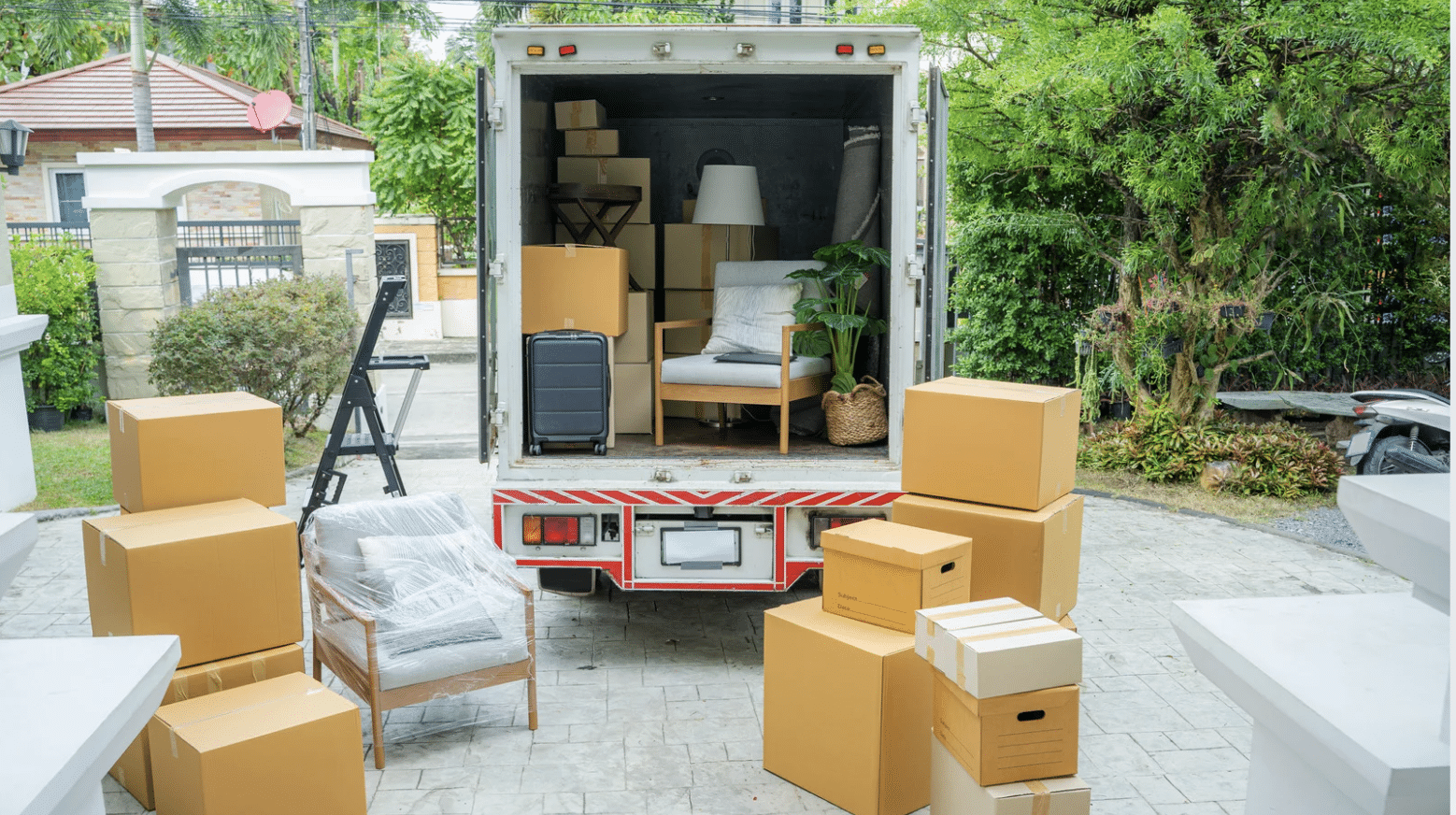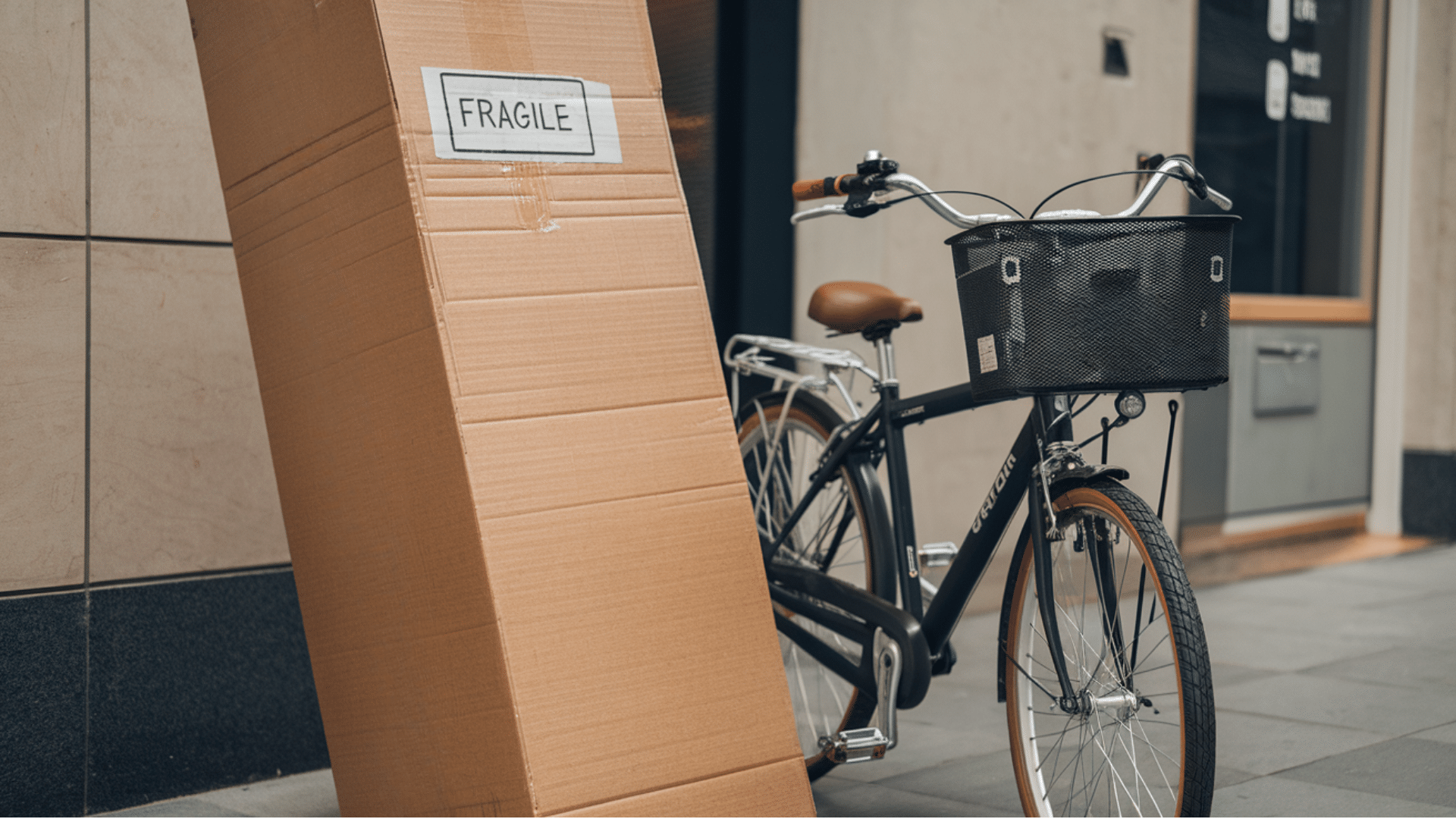Moving can be stressful, and one of the biggest questions people ask is how much it costs to hire movers. Prices can vary widely depending on how far you’re going, how much stuff you have, and the services you choose.
I remember being surprised at how quickly costs can add up once you factor in packing, loading, and travel time.
In this guide, you’ll find a clear breakdown of average moving prices, from local moves to cross-country relocations.
I’ll also share what influences those numbers most, like season, crew size, and home size, so you can plan your budget with confidence. By the end, you’ll have a realistic idea of what to expect before booking your movers.
Understanding the Basics: How Much Do Movers Cost?
When you’re getting ready to move, it helps to know what to expect cost-wise.
On average, hiring movers can cost anywhere from $300 for a small local move to $6,000 or more for a long-distance relocation.
Movers don’t have a one-size-fits-all rate because every move is different. The price depends on how much you’re moving, how far you’re going, and the type of services you choose.
Instead of focusing on exact numbers here, it’s better to understand that movers base their estimates on time, effort, and resources.
Local moves are usually charged by the hour, while long-distance ones are priced by weight and distance.
Knowing these basics will help you read quotes confidently and compare offers more effectively later on.
Key Factors That Influence Movers’ Cost

Several things can affect how much you’ll pay for movers. Knowing these factors can help you understand your estimate and plan your budget better.
- Distance: Longer moves usually cost more because of fuel and travel time.
- Home size: More rooms mean more items to pack and move, which raises the price.
- Weight or volume: Heavier or bulkier items increase labor and truck space costs.
- Packing services: Adding packing or unpacking help will raise your total.
- Season and timing: Summer weekends are busier and more expensive than weekdays or off-season moves.
- Accessibility: Stairs, long hallways, or no parking nearby can add extra charges.
Keep these in mind when comparing quotes – it’ll make your final cost less of a surprise.
Local Movers Cost: What to Expect
If you’re planning a short-distance move within the same city, here’s what you can expect when hiring local movers.
They usually charge by the hour, and your total depends on how many movers you hire, how big your home is, and how long the move takes.
- Average rate: $80–$200 per hour for a two-person crew with one truck
- Small apartment: Usually takes 3–4 hours to move
- Three-bedroom home: Can take 6 hours or more
- Extra costs: Packing help, stairs, or long walks from the truck can raise the price
To cut costs, pack smaller items yourself, and be ready when the movers arrive. Always compare a few quotes to get a fair local rate.
Long-Distance & Interstate Movers Cost
Long-distance or interstate moves usually cost more than local ones because pricing is based on both distance and weight. The farther you move, the more you’ll pay for fuel, labor, and transportation.
| Move Type | Distance | Average Cost | What’s Included |
|---|---|---|---|
| 1-Bedroom Apartment | Up to 500 miles | $1,500 – $3,000 | Loading, transport, unloading |
| 2-Bedroom Home | 500–1,000 miles | $2,500 – $5,000 | Labor, fuel, basic insurance |
| 3-Bedroom Home | 1,000–1,500 miles | $4,000 – $7,500 | Full-service move with truck |
| 4-Bedroom Home | 1,500+ miles | $6,000 – $10,000+ | Long-distance transport & extras |
Prices can go up if you add packing, storage, or insurance. Always ask for a binding quote to avoid unexpected costs once the move is complete.
Specialty Moves & Additional Services

Some moves need extra care or special handling, which can raise your total cost. These services are usually optional but worth it if you want added convenience or safety for valuable items.
1. Moving Heavy or Fragile Items
If you’re moving a piano, pool table, or safe, expect to pay extra. These items need special equipment and skilled movers to handle them safely. The cost can range from $150 to $800, depending on size and weight. Always tell your movers in advance so they can bring the right tools.
2. Packing Services
Packing can be time-consuming, so many people hire movers to do it for them. Full packing services can add $200 to $1,000+, depending on your home’s size. You can also choose partial packing if you just need help with breakables or large items.
3. Furniture Disassembly and Reassembly
If your furniture doesn’t fit through doors or stairs, movers can take it apart and reassemble it at your new place. The average cost for disassembly and reassembly ranges from $75 to $150, saving time and hassle, especially for large beds, wardrobes, or desks.
4. Storage Options
Many moving companies offer storage for items you can’t move right away. Storage prices depend on how long you need the space and the unit size, typically $100 to $300 per month. It’s a great option if your new home isn’t ready yet or you’re downsizing.
5. Specialty Crating and Protection
For artwork, glass, or antiques, movers may suggest custom crates or padding for safe transport. These services usually cost $100–$500, depending on size and materials. It’s a smart way to protect valuable or fragile items from damage during the move.
How to Get Reliable Quotes
Getting an accurate moving quote can save you from unwanted surprises later. The key is to ask the right questions and understand what’s included in your estimate.
- Get multiple quotes: Compare at least three moving companies before deciding.
- Ask for a binding estimate: This type of quote locks in your price and prevents hidden charges.
- Request an in-home or virtual survey: It helps movers see everything you’re moving for a more accurate quote.
- Check what’s included: Make sure packing, fuel, and travel time are clearly listed.
- Read reviews: Look for movers with good ratings and verified feedback.
- Avoid lowball offers: Extremely cheap quotes often lead to hidden fees or scams.
A little research upfront can help you find trustworthy movers and keep your final bill stress-free.
Case Studies: Sample Cost Breakdowns
Seeing real-life examples makes it easier to picture what your moving costs might look like. Every move is unique, but these sample breakdowns can help you estimate what to budget based on distance, home size, and the type of services you need.
1. Local Move for Small House
For a small apartment within the same city, you can expect to pay between $600 and $1,200. This typically includes a two-person crew, a moving truck, fuel, and about four to five hours of labor.
If your apartment has stairs, limited parking, or long hallways, the cost might increase slightly. Adding services like packing or furniture disassembly will also raise your total.
2. Local Move for Bigger House
A full-day move for a larger home usually runs between $1,200 and $2,000. This covers the moving crew, loading and unloading, and transportation between homes.
The number of hours can vary depending on how organized your packing is and how easy it is to access both homes.
If you request packing services, temporary storage, or special handling for fragile items, the total can climb above $2,000. Decluttering and packing smaller items yourself are simple ways to save.
3. Long-Distance Move
For cross-country or interstate moves, prices generally range from $2,500 to $5,000. These moves are charged by distance and total weight, which means the more items you move, the more it costs.
The base price includes loading, transport, and unloading at your new home. Extra costs may apply for packing, storage, or expedited delivery.
Delivery timelines can range from three days to two weeks, depending on your route and mover schedule. To stay on budget, ask for a binding estimate and confirm all fees upfront.
Tips to Reduce Your Movers’ Cost
Moving costs can add up quickly, but there are a few simple ways to keep your expenses under control. Small changes in how you plan and prepare can make a big difference.
- Declutter first: Sell, donate, or toss items you don’t need to reduce weight and time.
- Pack yourself: Handle small or non-fragile items to avoid extra packing fees.
- Move off-season: Book movers on weekdays or during slower months for lower rates.
- Be ready on time: Avoid delays that extend hourly charges.
- Disassemble furniture: Take apart simple pieces before movers arrive to save time.
A bit of preparation can easily shave hundreds off your total moving cost.
Conclusion
Moving can be a big job, and knowing the average cost ahead of time makes the process much smoother.
Prices depend on factors like distance, home size, and services, but having a clear idea helps you budget with confidence.
I’ve learned that comparing quotes and asking questions up front can save a lot of stress and money. Always read the fine print, ask about hidden fees, and plan early to get the best rates.
Even small steps, like packing ahead or moving during off-peak days, can make a real difference.
With the right information and a little preparation, you can keep your move organized, cost-effective, and worry-free from start to finish.















